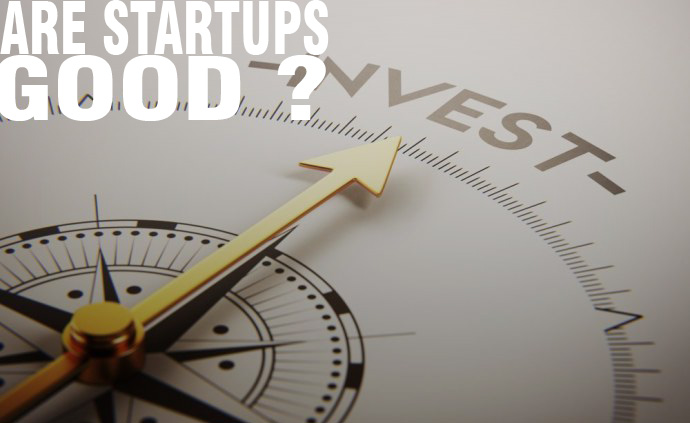
Firstly, my hypothesis is that the startup culture will have a major positive impact on the poorest communities in the world. Or put another way, I believe the culture can spread wealth far more evenly than ever before. However, the devil is in the detail and it would be useful to debate some current assumptions. So:
Are startups good? – Tech startups currently rule the world. Millenniums and many others no longer dream of a corporate career. Many want to take their lives into their own hands and aspire to change the world. It is widely recognised that corporations find it hard to innovate and much of the action is taking place in much more agile startup teams. However, with power comes responsibility and many startups sail close to the line of social acceptability.
The so-called ‘Sharing Economy’ is a point in case. Startups such as Uber and Airbnb have ruthlessly pursued market share in winner-takes-all industry sectors. Not much sharing there then. There is a conflict between the need of these startups to grow and the messaging to their consumer base that is much more idealistic in their objectives. Is it unhealthy that these companies are able to build such large war-chests to fight off challenges by others? Don’t these startups need to grow responsibly or risk losing the support of their own users?
I feel overwhelmingly positive about startup culture. However, it is not a license to act irresponsibly or a backdoor to outright capitalism without any checks and balances. If founders (and investors) do not recognise this, they will undermine the whole startup movement.
Is the Silicon Valley model good? – Silicon Valley is the engine driving the startup economy. Not only has a huge proportion of startup economic growth come out of Silicon Valley but many of the technologies and processes have been developed there, from the gig economy to ubiquitous data visualisation of everything, now even to be found in such dedicated MS programs such as Power BI. There is little doubt that the guiding principles of The Valley are positive. Success has been underpinned by principle that founders are given access to a pool of awesome talent, knowledgeable support and almost unlimited capital.
However, The Silicon Valley model has resulted in group-think that ignores the huge limitations in the model for the rest of the world. The idea that resources have to be concentrated in clusters has a negative economic impact on much of society and is illogical in the age of the internet. Is it now possible for a bright entrepreneur in Lagos, armed with a copy of The Lean Startup to access many of the resources he needs to build a great business?
I would argue that internet-based platforms will change the world of entrepreneurship (slightly biased as I run such a platform), in just the same way as they are changing so many other sectors. The objective has to be to provide great founders, wherever they are, with the capital and support they need to build great businesses.
Can we spread the love? – For the first time in modern history we have the ability to spread out an economic system to a broad base of the population across all continents. The internet gives access to resources to the poorest communities across the globe. Startup culture has been packaged in a way that it can now be taught to entrepreneurs. The cost of technology has come down to a point where it is accessible to many.
We are already seeing how certain African nations have been able to leap-frog traditional western economies in fields such as mobile payments. The ubiquity of the smartphone has enabled these nations to jump technologies and offers the possibility of major innovation in areas such as banking. I would conclude that we are on the verge of a startup revolution where Silicon Valley will either loosen it’s grip on the overall global scene or will respond by being less myopic in it’s approach. VCs need to lose the idea that they can only invest in startups on their own door-step and provide greater support to ventures outside traditional clusters. Platforms will allow entrepreneurs to access resources wherever they are and this will create something approaching a true meritocracy.
We are approaching the most interesting phase of the internet where it’s influence will be felt on a much broader scale. We need to build a global eco-system, joining the dots between the current clusters and the rest of the world.









